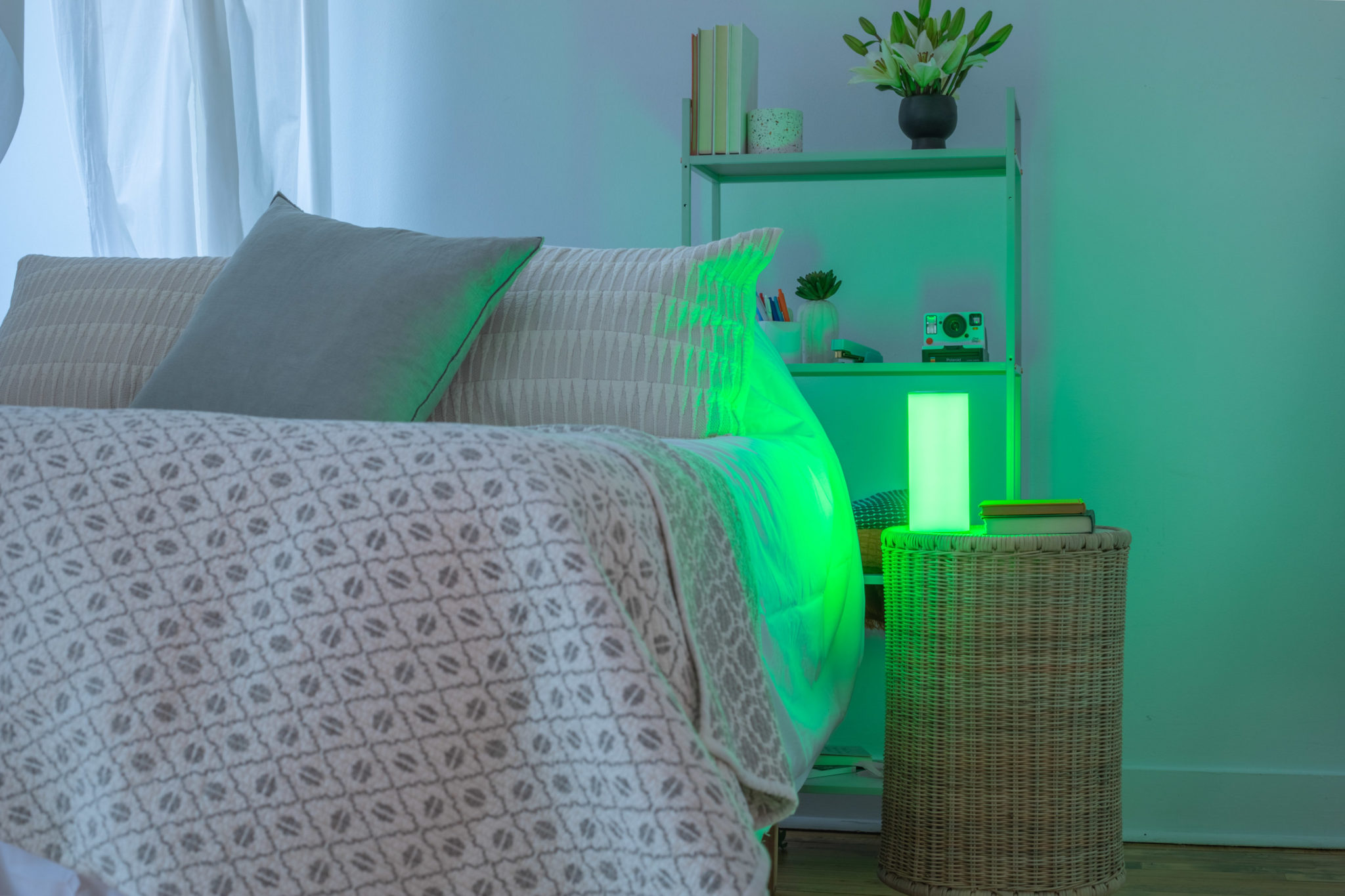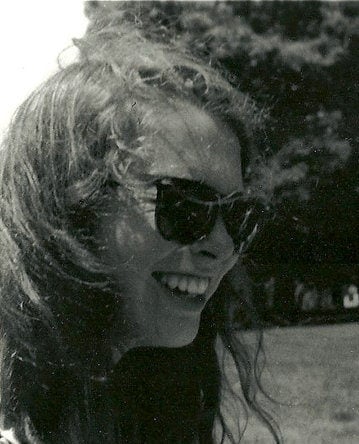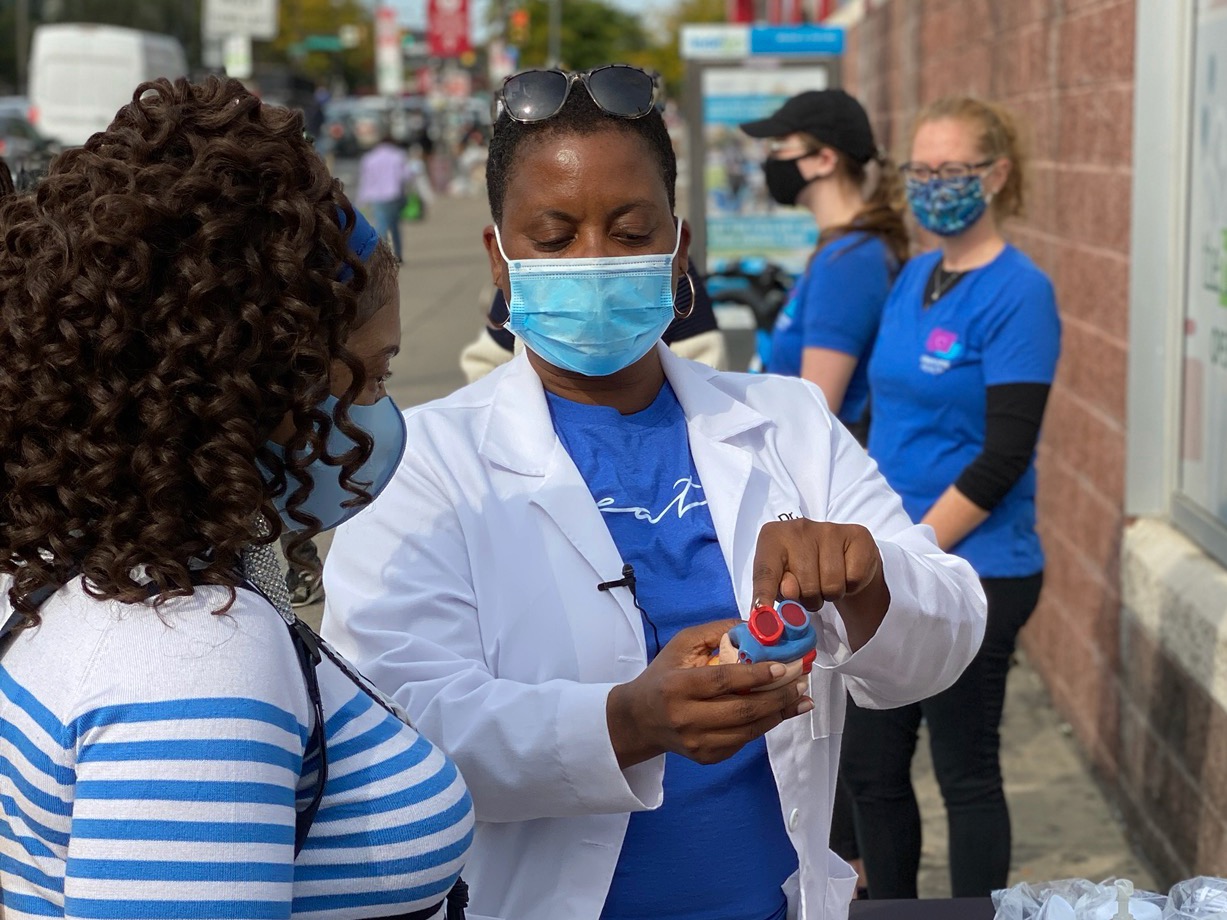The DC area has a new startup from Ajay Kori, the cofounder of the same-day plant and flower delivery service UrbanStems. The group is called Allay Lamp, and it sells lights that are supposed to help alleviate migraines and anxiety via green light wavelengths.
Kori launched the direct-to-consumer group last year alongside fellow UrbanStems cofounders Jeff Sheely and Mark Severs, as well as the Harvard Medical School professor and migraine expert Rami Burstein. (Kori stepped down from day-to-day operations at UrbanStems in 2019, but is still chairman of the board.)
It might seem a bit random to make the leap from flower delivery to migraine prevention, but to Kori, both companies are in the business of creating solutions and making things easier for folks. Currently, 39 million people in the U.S. suffer from migraines, and sometimes medications or tactics like resting in a dark room don’t help. “We saw the opportunity to bring something that we knew would make a huge positive impact on people’s lives and be a great experience,” says Kori. “And we knew how to do that from our experience with UrbanStems and making popular a brand and product that people are passionate about.”
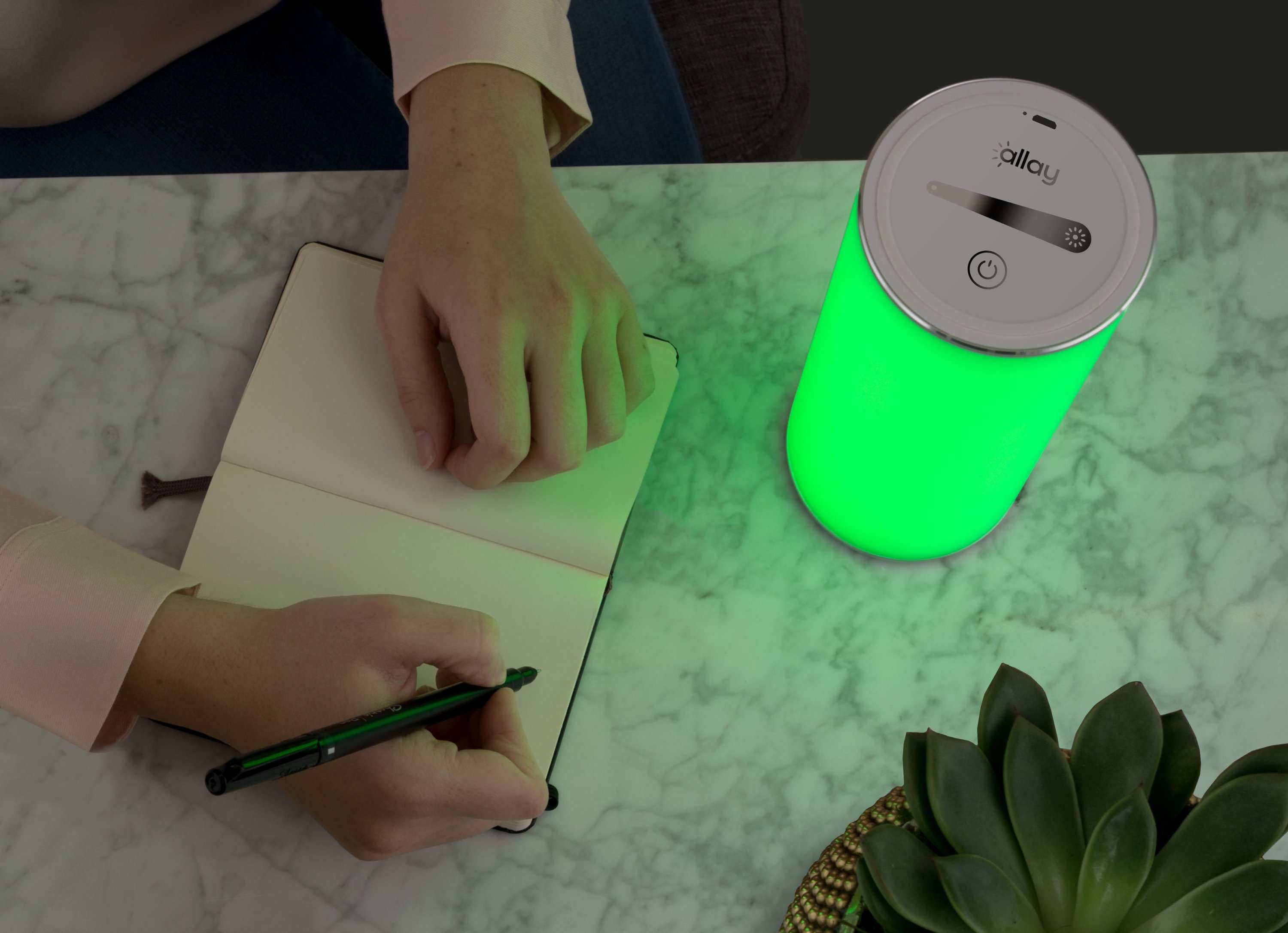
Kori was introduced to the science and research that is now behind Allay Lamp via Burstein, who is friends with Kori’s father (also a migraine expert). Over almost a decade of research, Burstein had discovered that people with migraines are most sensitive to yellow, blue, and red lights, as they create bigger electrical signals in the brain. However, he found that a very specific band of green light calms the brain and its signals, and that it can alleviate migraine pain and help anxiety and sleep.
Burstein knew this discovery could help folks. The only issue was getting it out there—the green light they were using in the lab clocked in at $50,000. And they couldn’t just sell a green light bulb: the device had to emit that precise band of green light, and it had to be affordable and small enough to use easily. That’s where Kori and his experience building a direct-to-consumer brand came in. “[Burstein] saw it as a kind of opportunity to team up and put this in as many hands as possible,” says Kori, “and create as much relief for these people who really suffer a lot every day.”
Kori and his team partnered with a NASA engineer who designed the lights on the International Space Station to create a $149 lamp and $89 desk light that folks can buy online and use in their homes. Kori recommends folks use the light for at least 30 minutes for the best results, and it should be the only light on in the room.
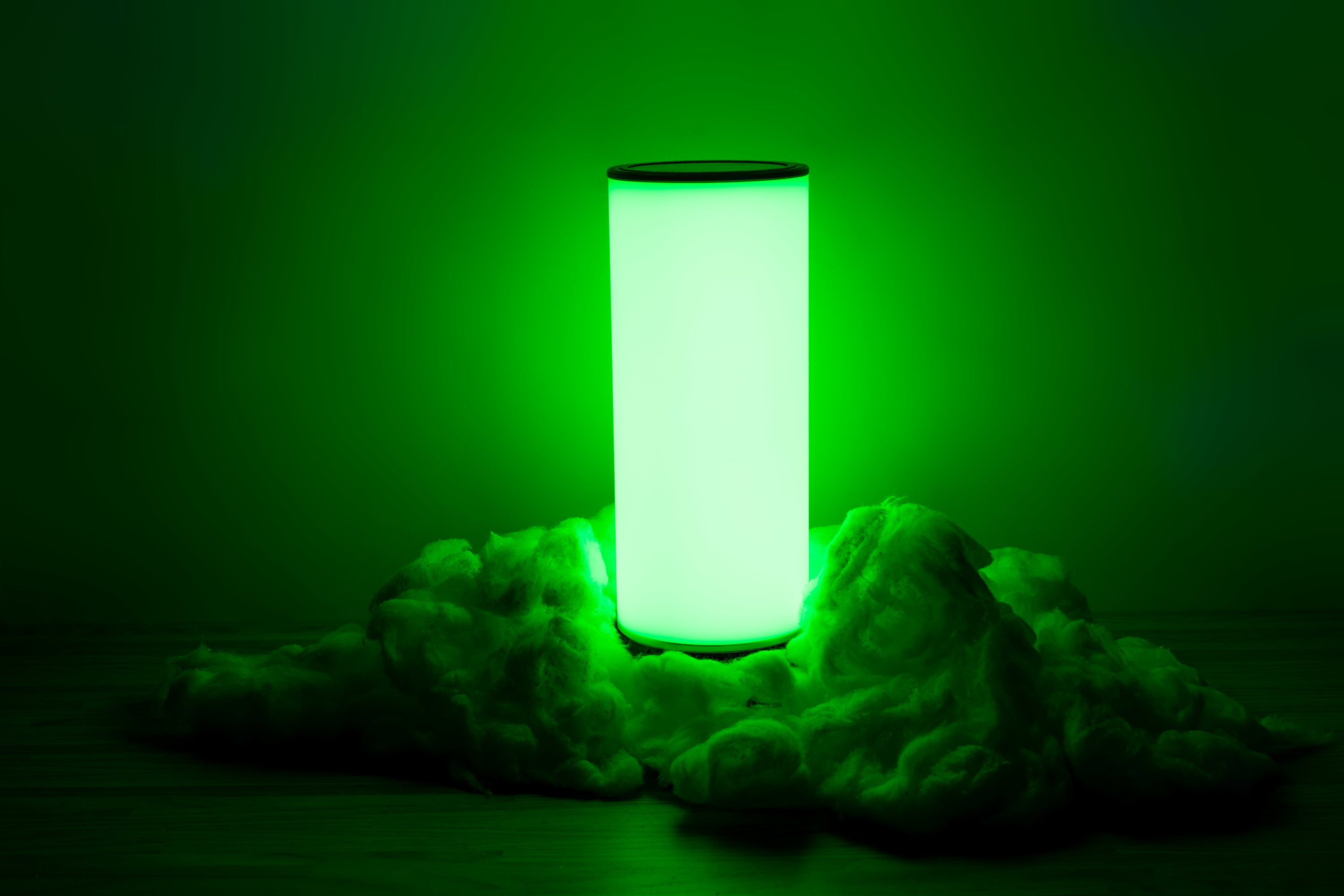
Beyond the design, another integral part of the brand development was establishing credibility. Because there is no one-size-fits-all solution for migraines, there have been a bevy of self-proclaimed cure-alls on the market. That’s been a hurdle that Allay has to surmount, says Kori—convincing migraine sufferers that this is a product that actually works. “There is a little bit of a hump to get people to believe this spectrum of light is actually going to have an enormous difference in your life,” says Kori. “And it’s understandable, because there really is a lot of snake oil being targeted toward them. Some of it has some research behind it, a lot of it has no research behind it.”
The green light technology used in Allay, however, has been researched at Harvard and Beth Israel Deaconess Medical Center, and shows that green light reduces headache intensity over time. And while there currently is not direct research that says it can eliminate migraines completely, some customers say that using Allay daily has lowered their migraine frequency, says Kori. Sleep studies regarding the Allay light are currently underway, as well.
While Kori won’t disclose Allay’s sales, he says the company is growing faster than UrbanStems did in its first year and is working on a commercial product to be installed overhead in office wellness or nap rooms. Kori is also working on another venture with his father, a biotech group called Novilla Pharmaceuticals. The company aims to end the opioid crisis by replacing standard opioids that enter the bloodstream with pain relievers that are delivered directly to specific nerves. Novilla recently filed its Investigational New Drug Application with the Federal Drug Administration, says Kori, and the next step is clinical trials.
Obviously, Kori is busy, but all these ventures support one of his overarching goals: establishing DC as a breeding ground for innovation. “DC is not known for its startups, but we have more and more companies being founded here every day,” he says. “That is kind of my long-term passion, to really continue to build this ecosystem here in the unlikeliest of places.”

